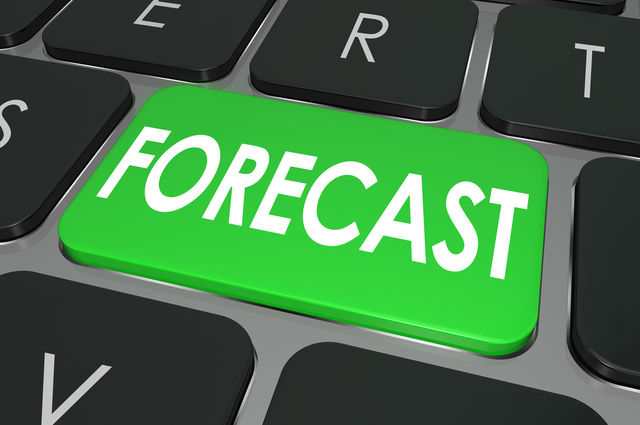Has forecasting become a lost art?
10 experts shared their view
Robert Cross, the de facto Godfather of Revenue Management, stated "…everything starts with a day by day, segment by segment forecast", yet many hoteliers no longer produce one as part of their strategic process. Most of today's advanced revenue management systems do not generate one, instead of leaving the user to rely on a total hotel forecast and to trust the "black box" for the details.
Should hotels be producing a detailed long-term forecast, and if so, what are the benefits of doing so? How far out should they forecast and how often should they do it? The automated systems (only 15% of hotels have one!) can be very accurate at projecting the optimized results of an existing strategy, but are they effective when contemplating a change in strategy, as an increase in group rooms, eliminating an airline crew, or even a renovation? How do hotels that don't do it satisfy other stakeholders like senior leadership and owners, who may have an interest in understanding the detail behind the hotel's forecast, especially when recent performance has not met expectations?
When you take a step back and consider the purpose for the forecast, the need to employ both technology and human brainpower becomes apparent. Is it tactical or strategic? Are you forecasting to measure and adjust yield management controls or are you forecasting to validate and optimize your channel and market segment mix?
Just like I wouldn't debate a self-driving car's ability to consistently stay within a lane and follow at a given distance, yet I would not empower it to decide whether I should go surfing or play golf, automation is better at the tactical while human intuition is better at the strategic. This is determined by the level of detail, repetition, and intuition required to perform each of the tasks.
The reason automation is better at the tactical is that a person can define the parameters once, for example the expected booking pace of the important market segments and the overall available capacity, and a system can monitor the progress, identify the small adjustments and send the various communications needed to make sure the decision is reflected everywhere the hotel is sold. Like “keeping the car within the lane.”
There is no substitute for human imagination (thankfully not yet, at least), for considering the eventual outcomes of what-if scenarios that have no historical precedent. At this time, it would be nearly impossible to rely entirely on automation to decide if and how a hotel should reinvest and reposition. I have yet to see an automated system that could get anywhere near an accurate projection for unconstrained demand without a decent amount of intelligent human intervention.
We are currently in the midst of such an event with no historical precedent. The meteoric decline that the industry has experienced is going to drive some conversations unlike any that hotel walls have heard in at least a decade. Hotels and revenue leaders that have allowed a long run of good results to excuse themselves from maintaining a disciplined long term, day by day, segment by segment strategic forecast process may find themselves without one of the most valuable tools in tough times like these to justify their own existence.

